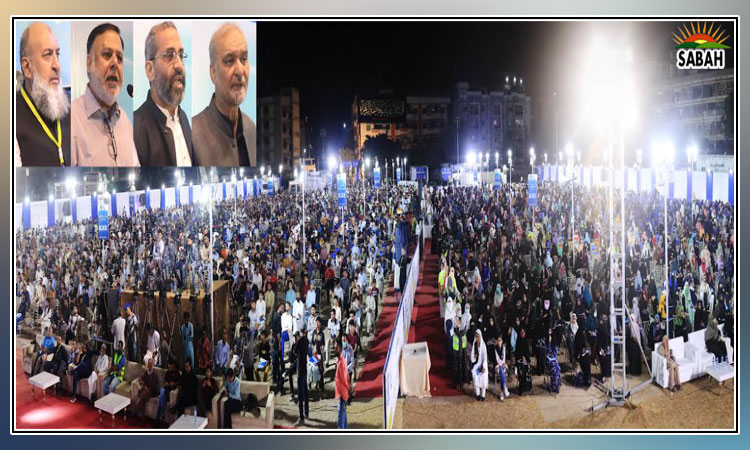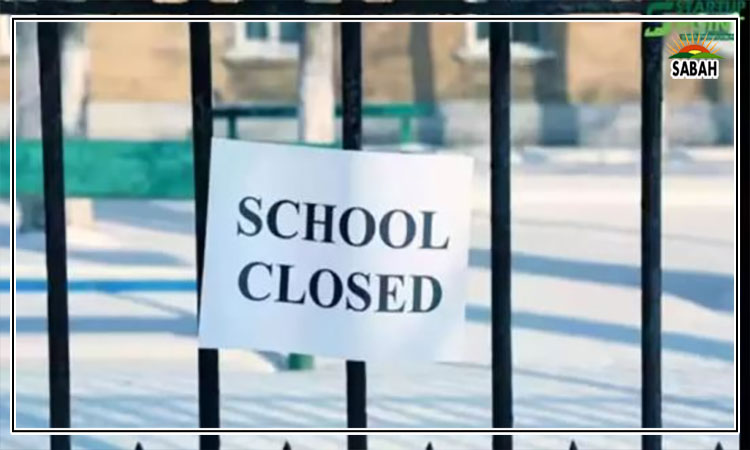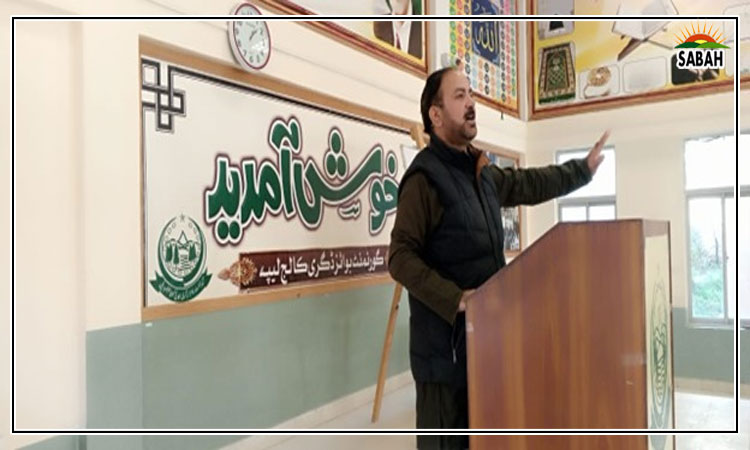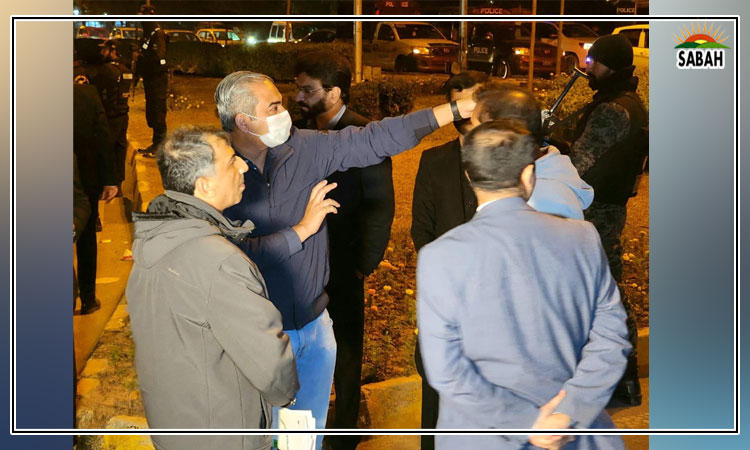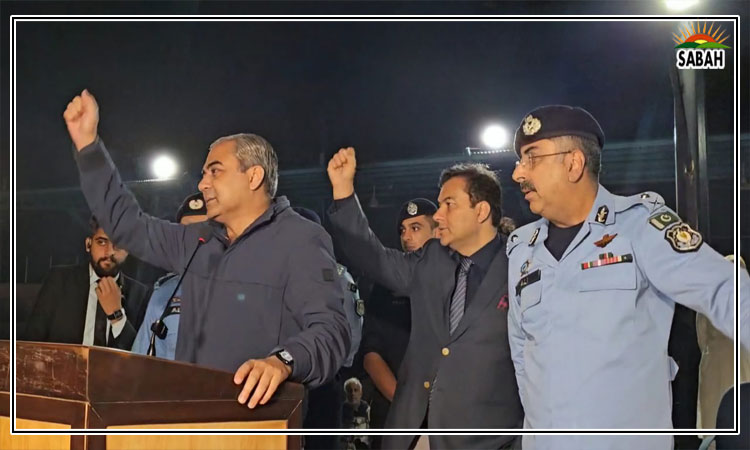Plantation drive ….. Shahzad Sharjeel
ELECTIONS are in the air, and potted plants are being transplanted to suitable soil with the most earthworms and compost available. Sunshine is essential, but the time to make hay is later. In a no-holds-barred environment, logic is the first casualty. How does one explain a televised interview by an ‘encounter specialist’ accusing the leadership of a political party of all manner of crime? Some people believe he did it at the instigation of the powers that be. Fine. How do you then explain ministers resigning from the caretaker cabinet to join the same party, again, ostensibly at the same power’s behest?
Electoral and constitutional democracy demands constant vigilance by ‘we the people.’ Stamping a ballot paper can neither be the starting nor the high point of the democratic process. Due diligence of election manifestos of political parties, their past record in delivering on their promises, and an utmost commitment to hold them accountable throughout their tenures in office is the bedrock of a functioning, representative polity.
The most common refrain during the election season is ‘We will turn Larkana into Paris’. While the French capital’s reputation has so far not been compromised, many a chateau in the south of France routinely becomes the stomping ground for these peddlers of promises from Larkana to Raiwind.
Take Karachi and most of its iconic landmarks; for instance, Frere Hall was built by the bad old Brits when they ruled us. How greedy, unscrupulous, shameless, and downright evil the colonisers were has been recorded quite sufficiently and is being rubbed in these days by Shashi Tharoor and many others. That we have no love lost for the colonisers and their Raj is axiomatic.
While ‘public welfare’ schemes may be helpful, they tend to crumble.
However, it is worth summarising that the British conceived and constructed most structures worth declaring as monuments or heritage sites in this metropolis. Take Denso Hall, Merewether Tower, Empress Market, Jehangir Kothari Parade, Pavilion, and Bandstand at Clifton. The Brits built them with much help from the city’s Parsi and Hindu communities. Rupchand Bilaram Park, a magnificent facility, was made possible by its namesake. It has now been conveniently appropriated as Bagh Ibn-i-Qasim. Many a committee tasked to give a similar ‘Islami-touch’ must have rued their inability to rename the Hindu Kush range.
One can argue that since foreign masters and conqueror-despots like the Mughals were not accountable to the populace, they could spend from the exchequer as they wished on grand schemes and fantastic monuments to themselves and their loved ones. In modern times, elected, accountable administrations can only undertake public works for the good of the populace and not for mere aesthetics and leaving a name for themselves. The problem today is that the only such ‘public welfare’ schemes that come to mind are overhead bridges and underpasses. While most of these are helpful to the public, they tend to crumble and flood, without any accountability and much too quickly for any chance of attaining an iconic status.
Not sure where the ‘chinaman delivery’ got its name. It is the same with ‘china cutting. While the former is widely known in the world of cricket as a left-arm spin delivery, the latter is restricted to Karachi, though just the name as the practice of appropriating public property for personal gain is rampant countrywide. In the spirit of fair representation, let us look at Rawalpindi. Here, the textbook practice is putting a trash dumpster on any spot with commercial potential. Rest assured, we will dump all sorts of trash everywhere but in the dumpster. Soon, the place becomes a hell of miasma for the residents and commuters.
The next step is to remove the dumpster, level the plot, and grant the prime piece of land for a nursery. The change of scene could not be more dramatic, from a mountain of trash with accompanying flies, stray dogs, feral cats, and hovering kites to pots of saplings and flowerbeds amidst rows of terracotta ornaments. Everybody breathes a sigh of relief. The civic bodies and cantonment boards are praised instead of being asked how the lease for the nursery was granted and on what terms. The grantees are kicked out after a couple of years, and a spanking cash-and-carry is built. The process has been honed to perfection.
The same community that created the trash problem and was first nauseated and then relieved on its evolution now throngs the shopping centre with their trolleys laden with stuff, a lot of it from China soon to be turned into trash. Another public amenity plot, another trash site, another nursery, more saplings, more transplants; the cash-and-carry business continues.
The writer is a poet. His latest publication is a collection of satire essays titled Rindana.
shahzadsharjeel1@gmail.com
Published in Dawn, December 26th, 2023


